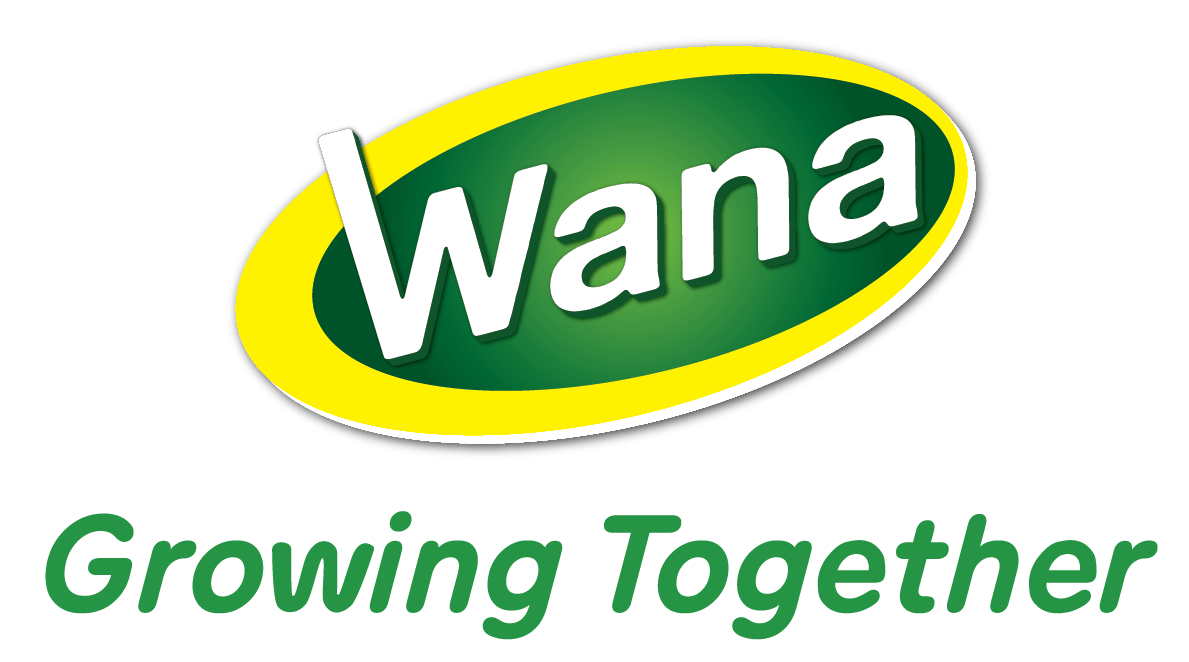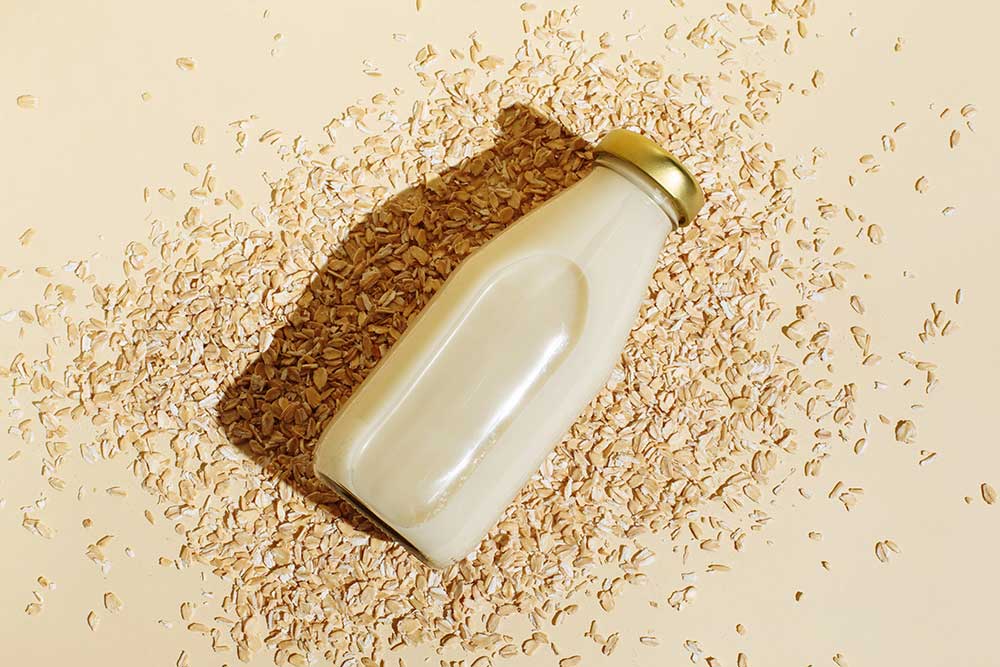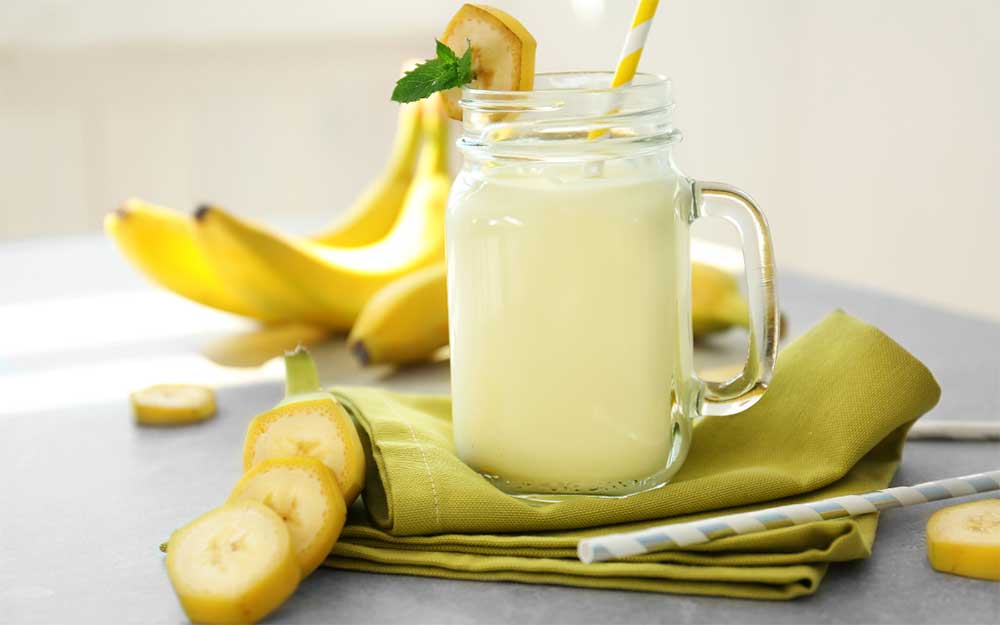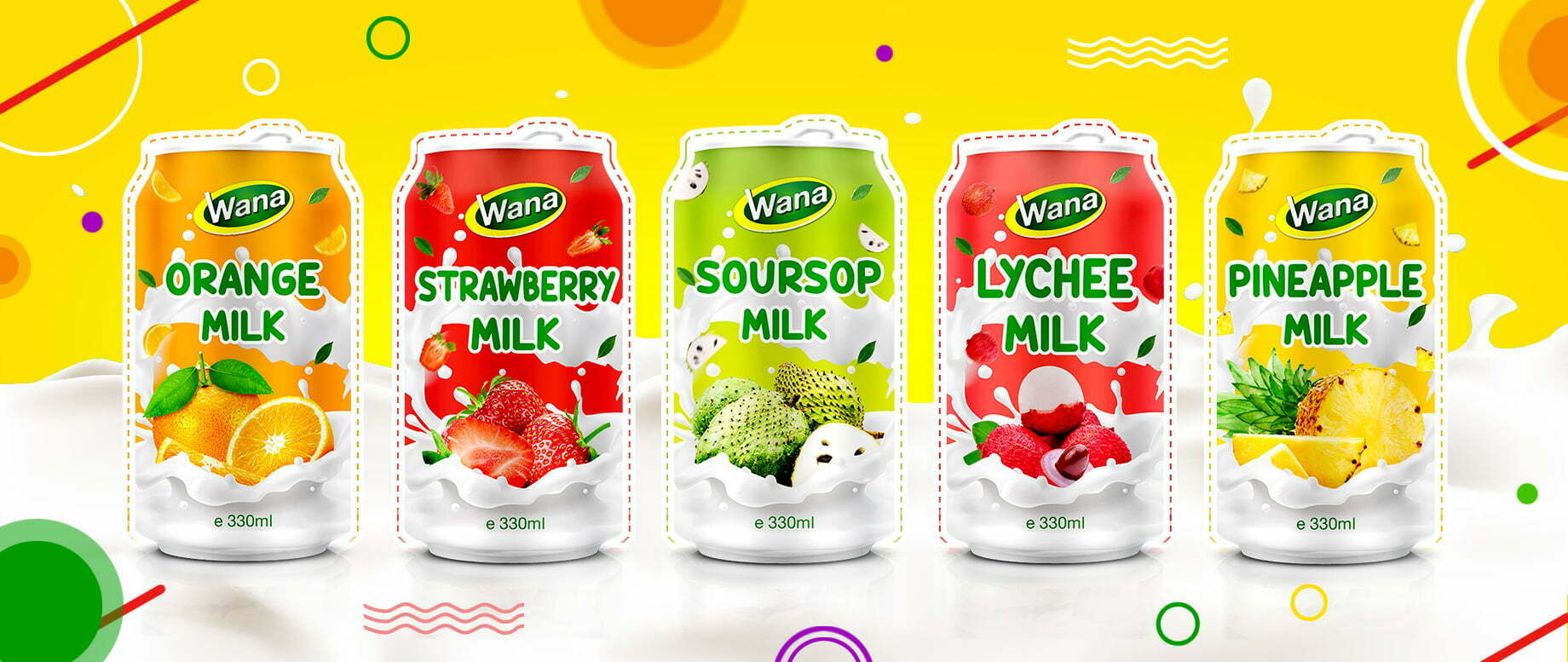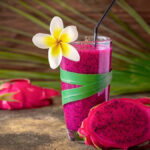Over the past ten years, there has been substantial expansion in the plant-based milk sector, and this trend is likely to persist. Specifically, wholesale beverage suppliers believe that plant-based milk is the most prominent category within plant-based foods, anticipating an annual global growth rate of 15.5% from 2022 to 2029. Consequently, the market value of plant-based dairy products has reached USD 38.90 billion, with projections indicating an expected surge to USD 123.20 billion by 2029.
Read more: Essential Steps to Become A Coconut Water Supplier
What is Plant-based Milk?
Plant-based milk refers to non-dairy beverages that are derived from plants rather than animals. These milk alternatives are typically produced from various plant sources, such as nuts, grains, seeds, or legumes. Common types of plant-based milk include almond milk, soy milk, rice milk, oat milk, coconut milk, and hemp milk. People often choose plant-based milk for reasons such as lactose intolerance, dietary preferences, ethical concerns, or environmental considerations. These alternatives offer a variety of flavors and nutritional profiles, serving as substitutes for traditional cow’s milk in cooking, baking, and beverages.
The Emergence of Oat Milk: A Popular Plant-Based Milk Trend
While almond milk remains the preferred choice among consumers, selected by 63% of shoppers as their favored non-dairy option, coconut and oat milk are also gaining popularity, with 48% and 46% of shoppers, respectively, showing a preference for them.
A noteworthy trend in the plant-based milk landscape is the growing prominence of oat milk. This surge in popularity can be attributed to various factors, including oat milk’s milder and less sweet flavor compared to many other plant-based milks. This characteristic makes it a versatile ingredient suitable for a wide array of recipes and applications, ranging from smoothies and lattes to baked goods.
Furthermore, recent months have witnessed numerous innovative product launches featuring oat milk, emphasizing the use of high-quality, straightforward ingredients and often highlighting the specific regions or farms where the oats are sourced. This emphasis on quality and transparency resonates with consumers, contributing to oat milk’s establishment as a leading choice among plant-based milk alternatives.
Diversifying Tastes and Ingredients in the Alternative Milk Sector
A notable trend unfolding in the realm of plant-based milk and milk alternatives is the widening array of flavors and ingredients. Milk producers are responding to the growing demand for unique and varied tastes, introducing new products with distinct flavors to cater to diverse consumer preferences.
For instance, HiLo School has rolled out a bubblegum-flavored variant, evoking nostalgic sentiments for certain consumers. Vinasoy Fami has incorporated ginger into their plant-based milk, positioning their product as a health-conscious option, given that 72% of shoppers perceive ginger as beneficial for their well-being. Cimory has also ventured into an innovative biscuit milk offering, tapping into the popular tradition of dunking biscuits.
While these flavors might appear unconventional to some, they specifically target the 14% of the global population that typically seeks out unusual tastes. In the Asia and Australasia region, this percentage increases to 17%, rendering it a promising market for these novel product launches.
Beyond expanding flavor options, unique formulations can also capture consumer attention. The inclusion of vitamins is a reliable strategy to position the product as a healthier choice, aligning with the belief of 72% of consumers that vitamins are beneficial for the body. Additionally, 45% of global shoppers consider immune-boosting ingredients as a crucial factor influencing their purchasing decisions.
The Emergence of Plant-Based Milk from Fruits and Vegetables
Alternatives to dairy derived from fruits and vegetables have been in existence for centuries, with historical roots traced back to ancient China. Early records highlight the practice of creating a milky substance by soaking dried soybeans in water overnight and then straining out the pulp. However, the contemporary rise in popularity of plant-based milk from fruits and vegetables can be attributed to its minimal environmental impact.
A novel entrant in this category is potato milk, presenting consumers with a unique plant-based milk option that doesn’t compromise on health benefits or flavor. Other varieties gaining traction in the market include milks crafted from avocado, chia seeds, macadamia nuts, flaxseed, bananas, hemp, and barley.
The production of plant-based milk from fruits and vegetables has also become more economically viable, making it an appealing avenue for manufacturers to explore. Given the increasing demand for plant-based milk alternatives, the fruit and vegetable milk industry is poised to be a significant player to watch in 2024.
The Significance of User-Friendly Packaging in the Plant-Based Milk Sector
The ease of product usage stands out as a crucial factor influencing consumers in the plant-based milk industry. A recent study indicates that 40% of shoppers consider features labeled as “easy to use” as a key or essential driver in their decision to purchase plant-based milk, while an additional 45% categorize it as a “nice to have” feature.
For brands, this underscores the importance of ensuring that their plant-based milk offerings are not only convenient but also user-friendly. An effective strategy to achieve this goal involves adopting distinctive packaging. Stand-up pouch packaging, for instance, provides numerous advantages in the context of plant-based milk.
Characterized by portability, resealability, and ease of storage and pouring, stand-up pouches prove to be an ideal choice for consumers seeking a hassle-free way to enjoy their plant-based milk. Furthermore, the packaging design can be tailored to enhance the product’s functionality, further simplifying the user experience for consumers.
Enhance Your Plant-Based Dairy Operations with WANA Beverage
When seeking equipment for the production of plant-based milk, it’s essential to choose a company that collaborates closely with your plant, offering customized solutions tailored to your specific requirements. It’s equally crucial to select a company that designs machinery in alignment with the market drivers and trends discussed in this article.
Read more: Kombucha Tea – Wholesale Drink Suppliers Suggestion
WANA Beverage provides a comprehensive food and beverage solution for processors, covering everything from the blending and mixing of ingredients to the final packaging. Our commitment is to assist customers throughout the entire process. WANA Beverage boasts research and technology centers globally, which our customers can utilize for the development of plant-based drinks or experimentation with new ingredients.
As a dedicated full-service partner, we leverage our extensive knowledge and experience to craft innovative solutions that prioritize reliability and performance across all operational aspects, ensuring food safety in areas such as quality, environment, and production.

